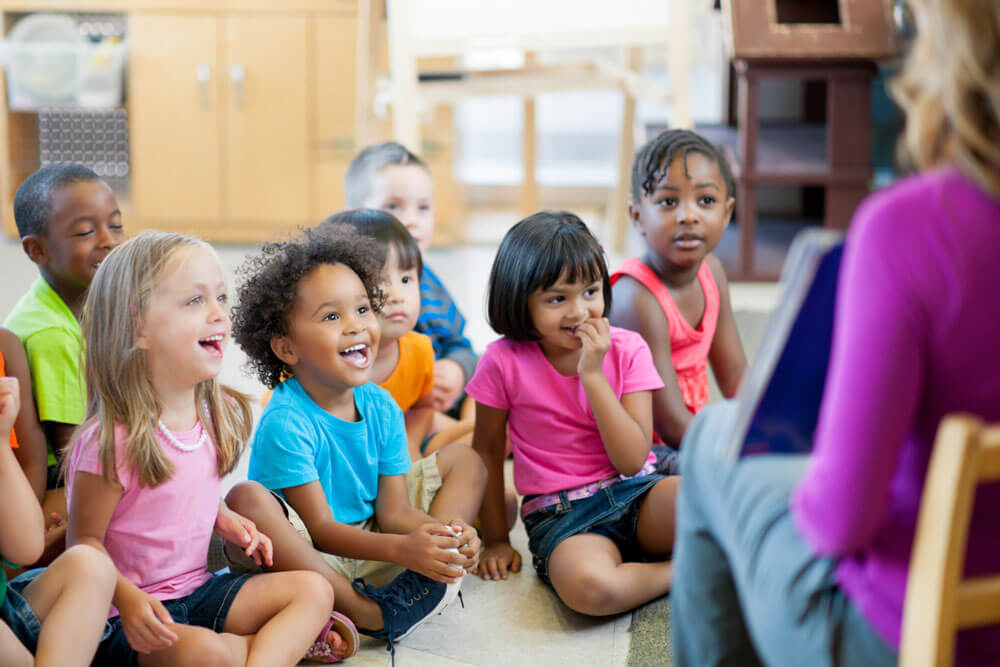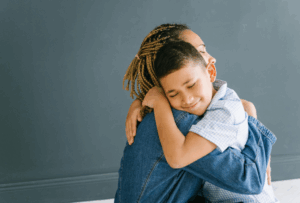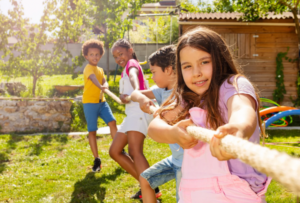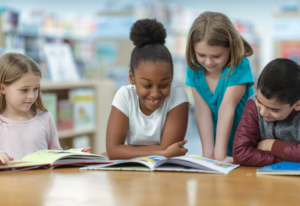By Karen Conley, President, CEO and founder of Charity for Change
Respect is a foundational character trait and lays the groundwork for well-rounded social and behavioral skills. Having respect for others and what they value helps children develop positive, healthy relationships. Furthermore, knowing what it looks like to receive respect helps kids feel safe to express themselves and communicate with others. There are two parts to respect: self-respect and respect for others.
The Value of Self-Respect
Self-respect is a measure of your self-worth. It is understanding your value and appreciating your character and dignity. When we encourage a child’s self-respect, we are helping them develop their identity and individuality. This development directly impacts their thoughts, behaviors, values, and emotions. The benefits of self-respect include the following:
- Looking inward to find happiness, esteem, and worth
- Taking care of yourself physically, mentally, and emotionally
- Committing and upholding your values and morals
- Establishing personal boundaries
There are a few things you can do to help children learn their value and self-worth. One is encouraging positive self-talk, especially after mistakes. When a child is struggling or has made a misstep, take the time to use the incident as a learning opportunity. Another is helping children recognize when it is okay to walk away from people or situations that are abusive or disrespectful.
Finally, pay attention to your own self-worth and acknowledge your own value. Children are sponges and tend to model the behaviors of those around them. So, if they hear you talking badly about yourself, even if it is self-deprecating, they may think it is acceptable to feel the same about themselves.
The Value of Respecting Others
Respect for others comes in a variety of forms. It includes respect for family, friends, teachers, elders, authority figures, animals, possessions, etc. Teaching kids to respect others can help them succeed at school, in relationships, in future careers, and in life. Taking the time to cultivate respect in a child can help them learn and value:
- Appreciation
- Empathy
- Gratitude
- Honesty
- Patience
- Self-Control
- Trust
So how do we go about teaching respect? A large part is leading by example. Modeling respect yourself and having positive interactions with others can help children understand the value that others bring. Take the time to point out the good and importance of other people, from sanitation workers to your child’s teachers to their grandparents.
Additionally, give children age-appropriate tasks and chores in the classroom and at home. Explain to them how they are helping build a better home life or supporting their classmates through these responsibilities. And show gratitude when their chores are completed so they understand the worth of a job well done and what appreciation looks and feels like.
Respect Helps Shape Good Character
Practicing respect helps children develop into kind and considerate individuals whom others can trust and respect. When kids learn the value of respect, it can lead to other positive attributes, such as:
- Tolerance: Respect helps children value and appreciate each other’s differences. This understanding will help them address potential conflict with confidence and accountability, working towards positive outcomes and communicating more effectively.
- Listening: Children who respectfully listen to others without interruption also demonstrate excellent communication skills. Listening helps children become better communicators and build positive relationships.
- Open-Mindedness: Approaching individuals and situations respectfully helps children be open to new ideas and not make snap judgments or assumptions. Keeping an open mind can broaden their possibilities and opportunities throughout their life.
About the Author
Karen Conley is President, CEO and founder of Charity for Change, a non-profit social-emotional learning educational organization funded by philanthropy. For information, visit charityforchange.org.





